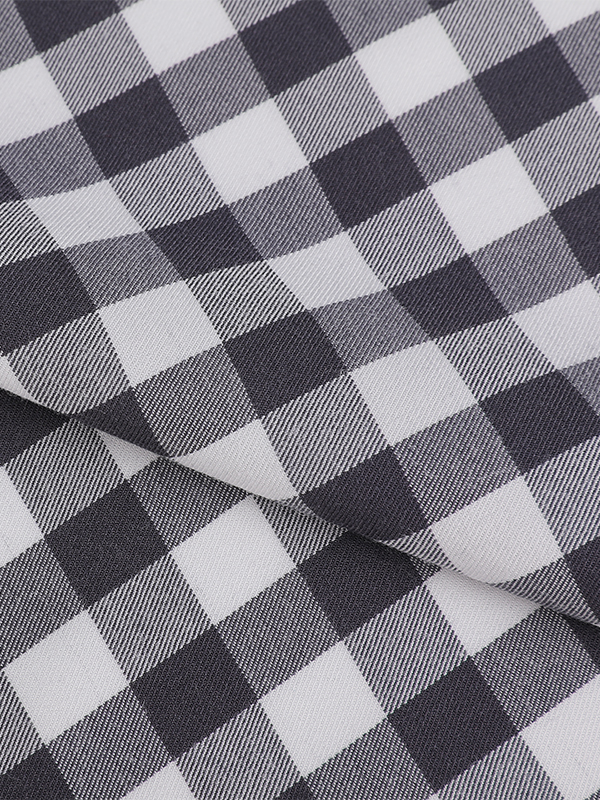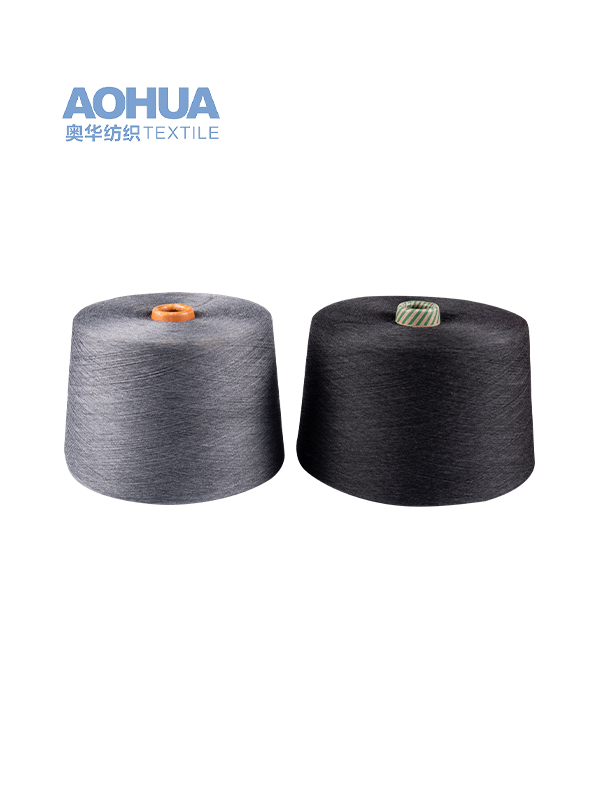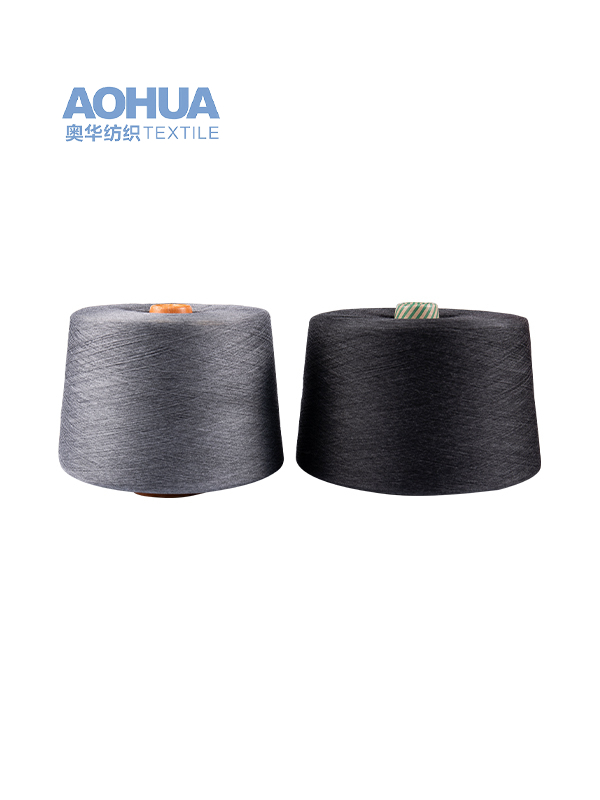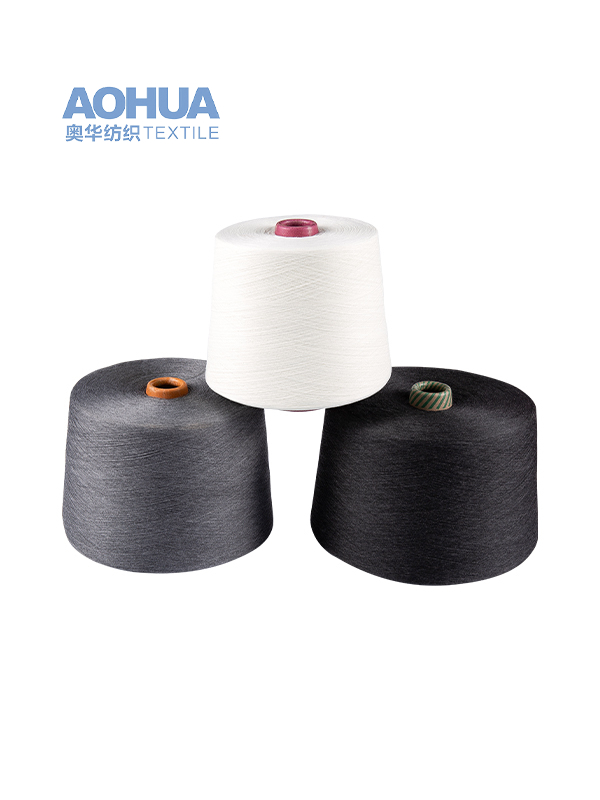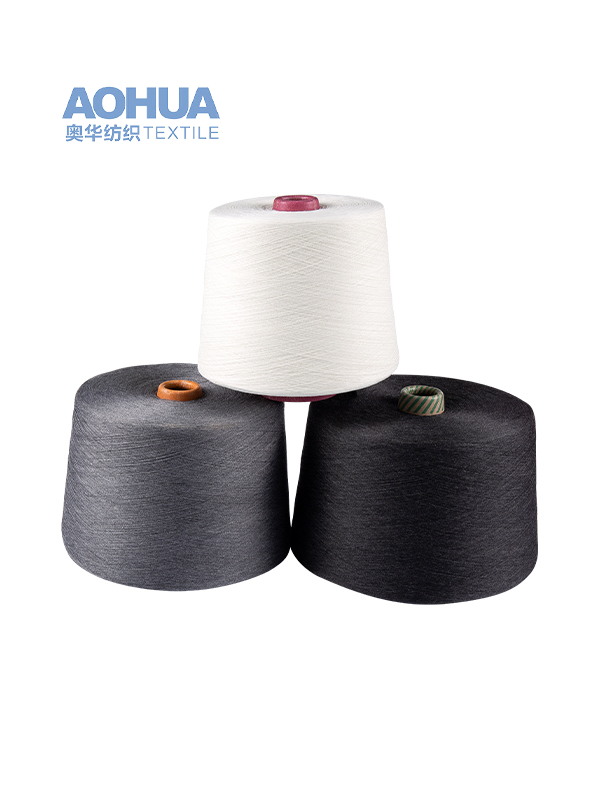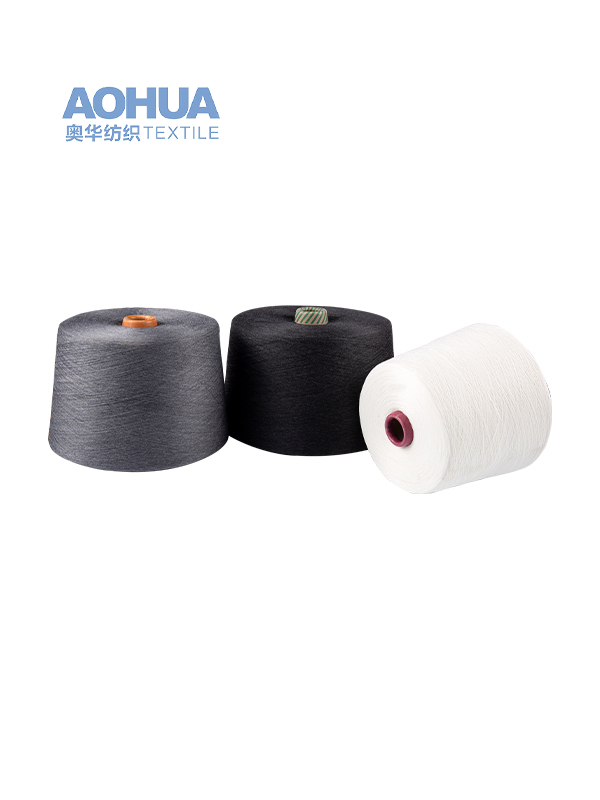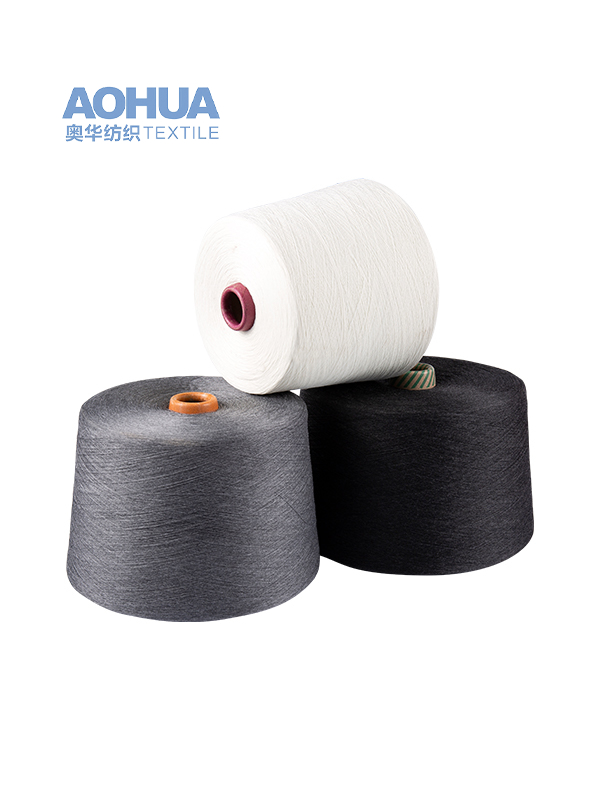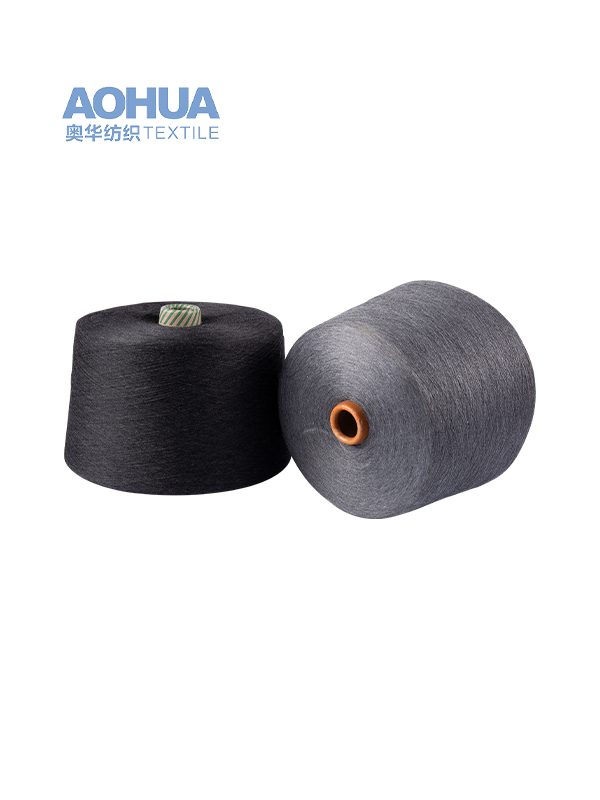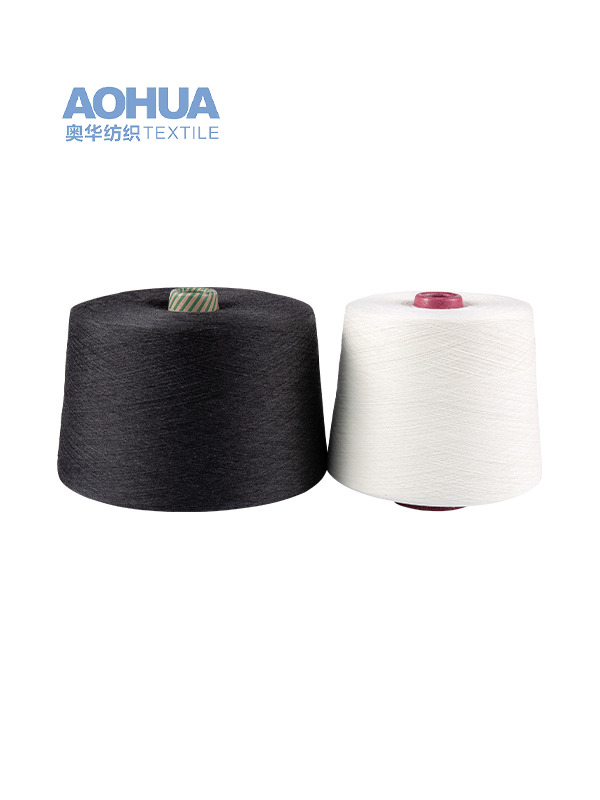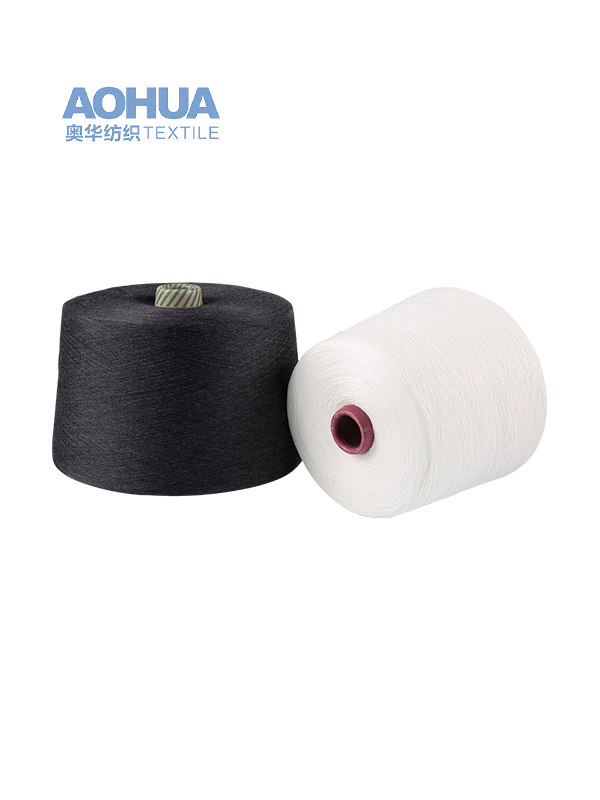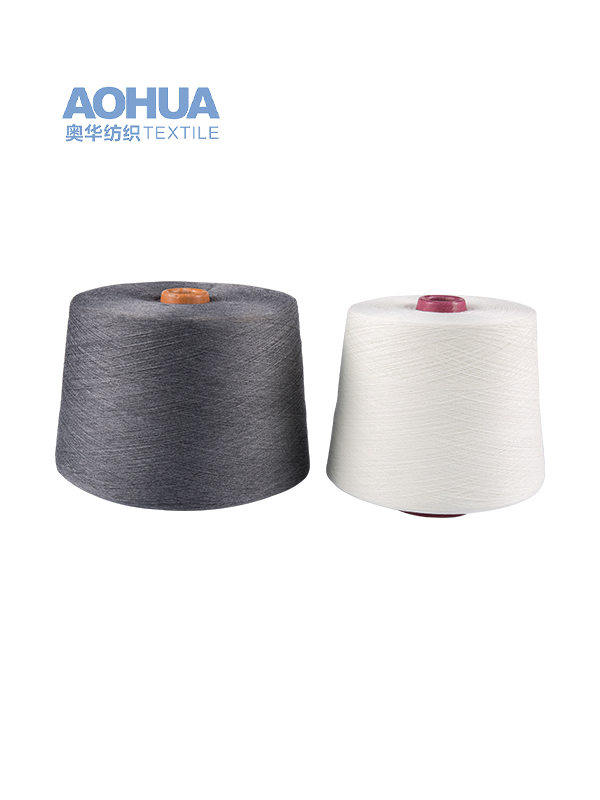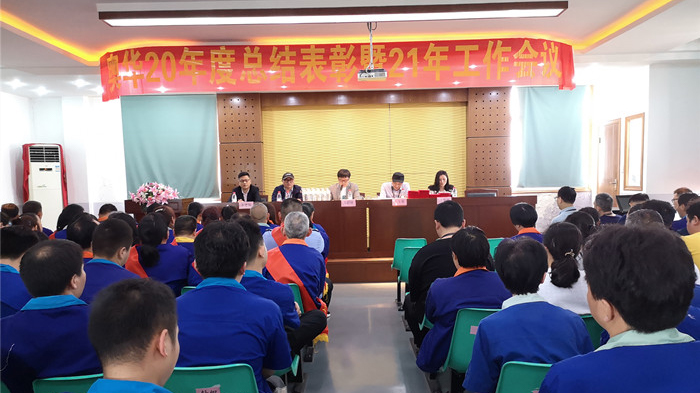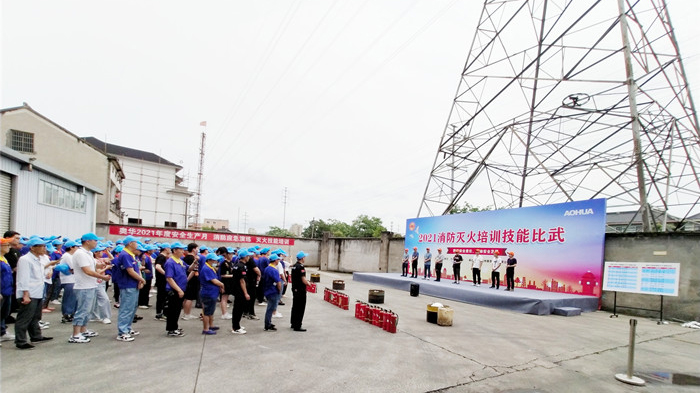We are a national high-tech enterprise. At present, there are many kinds of self-woven and cooperatively processed fabrics, including microfiber warp-knitted towel cloth, weft-knitted towel cloth, coral fleece, etc.
The textile industry has always been one of the industries with a greater environmental impact. However, with the advancement of technology and the promotion of innovation, woven fabrics are gradually becoming a key factor in sustainable development. From the selection of raw materials to the optimization of production processes, woven fabrics play an increasingly important role in the textile industry. This article will explore the contribution of woven fabrics to the sustainable development of the textile industry.
Sustainable raw material selection
Woven fabrics play an important role in the sustainable development of the textile industry, one of which is the selection of raw materials. As the demand for environmentally friendly raw materials continues to increase, many textile brands are beginning to choose to use renewable raw materials, such as organic cotton, soy fiber and bamboo fiber, to produce woven fabrics. These sustainable raw materials not only reduce dependence on fossil fuels, but also reduce pressure on water resources and land.
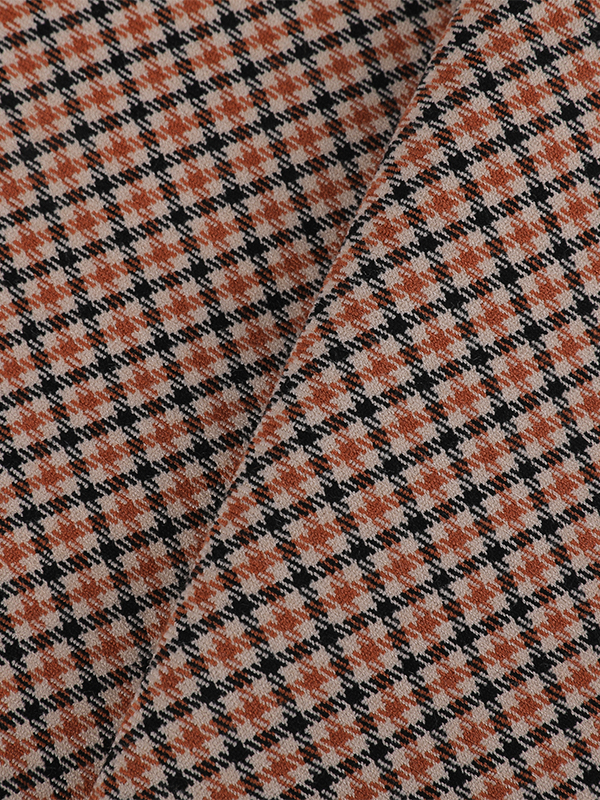

Energy-saving and environmentally friendly production technology
In addition to the selection of raw materials, woven fabrics also contribute to the sustainable development of the textile industry through energy-saving and environmentally friendly production processes. Modern production equipment and processes not only improve production efficiency, but also reduce energy consumption and waste generation. Some textile companies have also adopted circulating water systems and clean energy to reduce environmental impact during production, thus contributing to the sustainable development of the textile industry.
Extend garment life
In addition to their contribution in the production process, woven fabrics also contribute to the sustainability of the textile industry by improving the quality and durability of garments. Through innovative designs and high-quality woven fabrics, clothing can be worn longer, last longer, and produce less waste. At the same time, some brands also promote sustainable fashion concepts and encourage consumers to choose high-quality, durable clothing, thus reducing the negative impact on the environment.
Woven fabrics play a vital role in the sustainable development of the textile industry. Woven fabrics are driving the textile industry in a more sustainable direction through the selection of sustainable raw materials, energy-saving and environmentally friendly production processes and improving the durability of garments. As consumer demand for sustainable fashion continues to increase, it is believed that woven fabrics will continue to play an important role in the sustainable development of the textile industry.

 English
English 中文简体
中文简体
